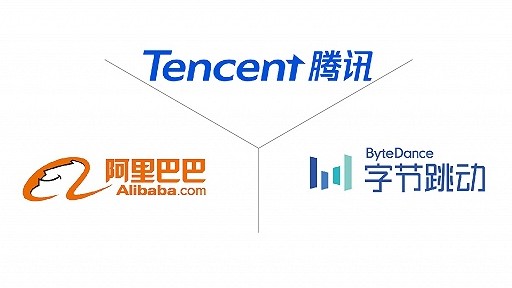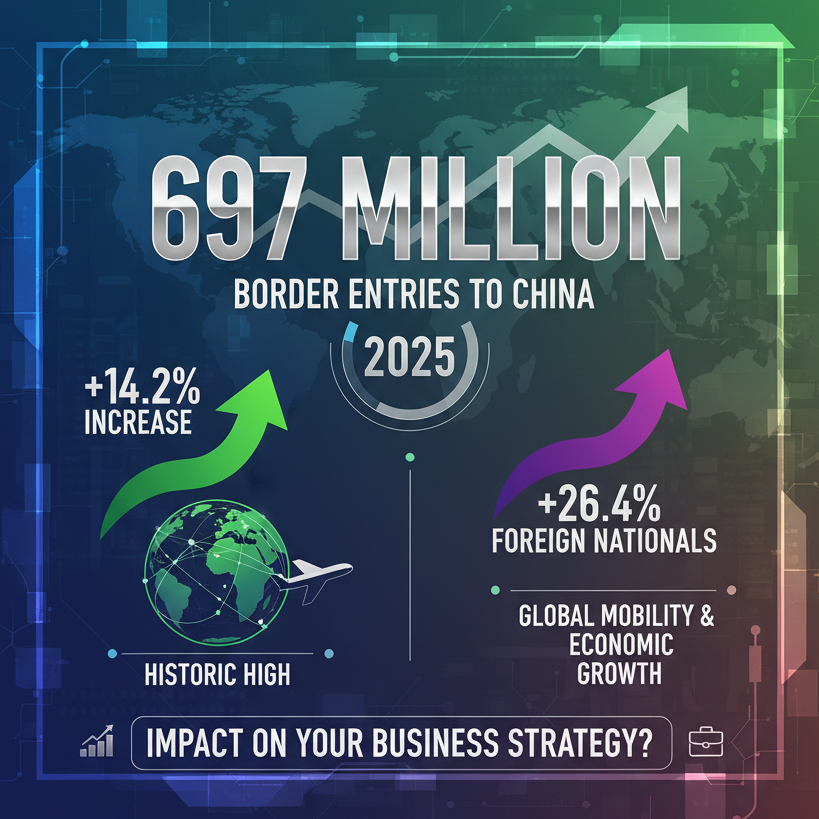
The collaboration between technology giants has once again become a hot topic in China. On September 14, Alibaba, Tencent and ByteDance announced that they would resolve the problems between their ecosystems, such as unblocking each other’s website links on each's platform in accordance with the relevant requirements of the MIIT (Ministry of Industry and Information Technology). The blocking link sharing between these tech giants' products has been one of the most controversial topics in the Internet field in recent years.
Prior to this, the blocking of link sharing between those big platforms has attracted the attention of government regulators. The Ministry of Industry and Information Technology launched a six-month special governance action for the Internet industry in July this year. Blocking competitors website links is one of the key points of this special action.
At the previous press conference, the Ministry of Industry and Information Technology proposed three compliance standards for the content sharing of the platform:
1) For instant messaging apps, the web links of similar IM products or services shared by users shall be displayed and accessed in the same form as any other content.
2) Instant messaging apps can access the external link directly. Users can send and receive links in instant messaging. After clicking the link, it will be opened directly in the form of a page within the app.
3) The tech giants should not attach additional steps to any product or service outside their product ecosystem, nor require users to manually copy the link in order to open them in web browsers.
According to these three requirements, WeChat users will be able to access the link of Taobao or other apps in its platform in the future. The links will be displayed in the form of a web page. Users no longer need to manually copy the URL link or go to the browser to open the link.
For Tencent, the content shared on WeChat often cause many complex risks to the users and the company. The impact of link sharing across the platforms is obvious to the industry. In the early stage of WeChat development, some content being shared on the platforms had security problems, such as violating users' privacy, promoting illegal or infringing intellectual property information, etc. Thus, currently, the platform restricted the external content in order to maintain the ecosystem and enhance the user experience. In order to maintain user experience, if the external content is able to be shared within WeChat, Tencent needs to spend more energy and cost to maintain the platform ecosystem. If the new regulation is applied, it may threaten Tencent's advertising revenue. According to a report, many businesses will do marketing and promotion on WeChat. After the link-sharing is unblocked, will advertisers be willing to spend advertising budget on WeChat as they do now?
ByteDance might benefit significantly from this regulation. Tiktok has long been considered to be difficult to precipitate massive traffic from Tencent and Alibaba's ecosystem. In this case, WeChat will be a significant traffic source for TikTok to increase user attachment by leveraging users' social relationships.
Tencent is also facing the challenge to gain more market share for the entire Tencent ecosystem. This is also a critical moment for them to monetise lots of their products. As more tech giants are able to enter WeChat through content sharing, the buildup of WeChat’s e-commerce ecosystem will be hugely impacted.
Of course, the unblocking of the link-sharing will be carried out step by step. During this period, the competition between Alibaba, Tencent and ByteDance will continue.
In addition to WeChat, which has attracted much attention, all Internet giants should open for competition. We are expecting to see a great shift in China's internet market. In the future, the competition of tech giants will tend to take innovation as the core strategy to maintain their growth momentum, rather than occupying the market share and blocking each other.
At a macro-environment, this new regulation change allows new players to develop more freely without blindly relying on certain tech giants, especially in emerging industries, such as internet, telecom, green energy, AI, etc.







